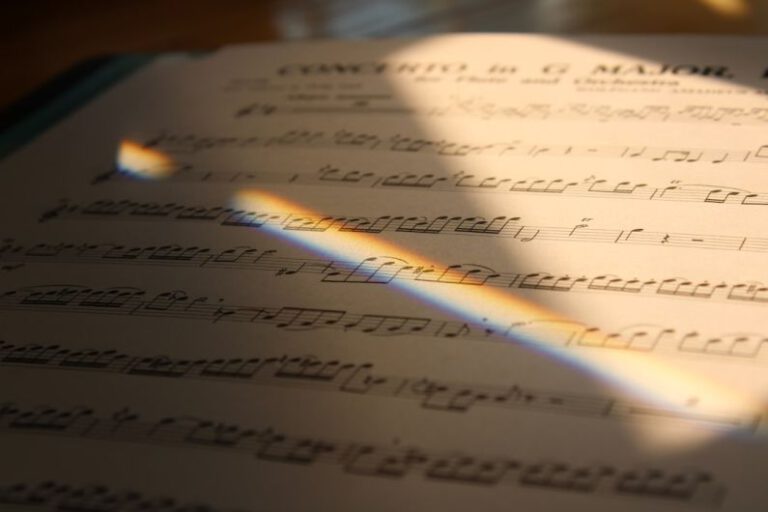Decluttering Paperwork: What to Keep and What to Shred
In today’s digital age, we often find ourselves drowning in a sea of paperwork. From bills and receipts to medical records and tax documents, it can be overwhelming to know what to keep and what to get rid of. Decluttering paperwork is not only essential for maintaining an organized space but also for protecting your privacy and staying on top of your finances. In this article, we will explore some guidelines for what to keep and what to shred when it comes to decluttering paperwork.
Organizing and Decluttering
Before we dive into what to keep and what to shred, it is important to establish a system for organizing your paperwork. Start by sorting your documents into categories such as financial, medical, legal, and personal. Within each category, further divide the documents by subcategories if necessary. For example, within the financial category, you can have subcategories like bank statements, credit card statements, and tax documents.
What to Keep
Certain paperwork should be kept for an extended period, while others can be disposed of after a shorter timeframe. Here are some general guidelines for what to keep:
1. Tax Documents: Keep your tax returns and supporting documentation for at least seven years. This includes W-2 forms, 1099 forms, and any receipts or documents related to deductions or credits claimed on your tax return.
2. Financial Statements: Keep bank statements, credit card statements, and investment statements for at least one year. These can be useful for budgeting, tracking expenses, and reconciling accounts.
3. Insurance Policies: Keep your insurance policies for as long as they are active. However, you can dispose of old policies once they have expired or been replaced.
4. Medical Records: Keep medical records for yourself and your family members indefinitely. These can include immunization records, lab results, and prescriptions. Having a complete medical history can be helpful in future medical situations.
5. Legal Documents: Keep important legal documents such as birth certificates, marriage certificates, wills, and property deeds indefinitely. These are crucial for proving identity, ownership, and inheritance.
What to Shred
While some paperwork needs to be kept, there are others that can be safely shredded and disposed of. Here are some examples:
1. Receipts: Shred receipts for everyday purchases once you have reconciled them with your bank or credit card statements. Keep receipts for major purchases, warranties, and items that may need to be returned or exchanged.
2. Expired Documents: Shred expired passports, driver’s licenses, and identification cards to prevent identity theft. Always dispose of these types of documents securely.
3. Pay Stubs: Shred pay stubs once you have received your W-2 form and verified that the information is correct.
4. Utility Bills: Shred utility bills once you have paid them, unless you need them for tax purposes or as proof of residency.
5. Junk Mail: Shred any junk mail or pre-approved credit card offers to prevent identity theft. These often contain personal information that can be exploited by criminals.
Conclusion: A Streamlined Paperwork System
Decluttering paperwork is a task that many of us put off, but it is essential for maintaining an organized and efficient living or working space. By following these guidelines for what to keep and what to shred, you can create a streamlined paperwork system that reduces clutter and protects your sensitive information. Remember to regularly review and update your documents to ensure that you are only keeping what is necessary. With a little effort and organization, you can conquer the paperwork mountain and enjoy the benefits of a clutter-free environment.






